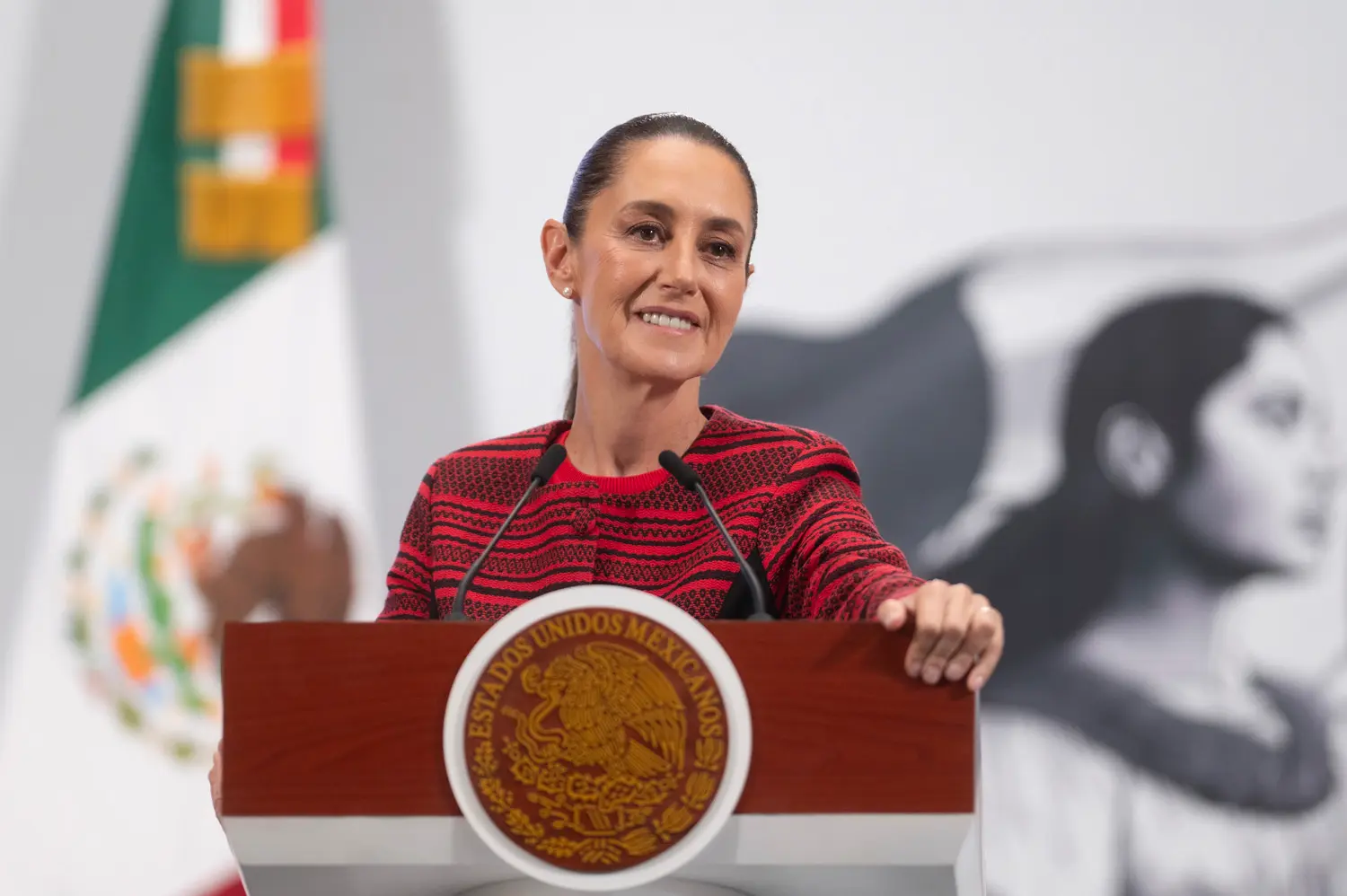
SUMMARY
Boosting Tourism: Plan Mexico and Expectations for 2030
Minister of Tourism Josefina Rodríguez explained that Plan Mexico aims to position the country as the fifth most visited in the world by 2030, which will mean a 40% increase in international tourists.
During the morning press conference, the macroeconomic indicators for the tourism sector in Mexico were presented for January to April 2025:
It was also announced that, from 2025 to 2030, more than US20.62 billion will be invested in 282 tourism projects distributed across 22 states in the country.
2026 World Cup: A Historic Opportunity for Tourism
During the event “The World Cup for Everyone,” tourism estimates for the 2026 World Cup were shared:
Mexico will need to receive an additional three million tourists per year to achieve its goal of becoming the fifth most visited country in 2030. This growth would allow for a 46% increase in revenue from international tourism, and the aim will be to position the “Mexico” country brand in the global top 10.
Foreign Policy and the Immigrant Community
President Claudia Sheinbaum reiterated her call for peaceful demonstrations in the United States and pledged that her government will always seek, through diplomatic channels, to defend Mexicans abroad. She emphasized that the Fourth Transformation movement has been, since its inception, peaceful and a promoter of peace.
She welcomed President Donald Trump’s recognition of the contribution of Latino immigrants—especially Mexicans—to the U.S. economy. She noted that California is the fourth or fifth largest economy in the world, thanks in large part to the Mexicans who live there.
She announced that, during her participation in the G7 summit, she will express her appreciation of Mexican immigrants to the U.S. president, emphasizing that they are not criminals, but people who migrated out of necessity and are now part of everyday life in that country.
Services for Mexicans Abroad
Sheinbaum presented the phone number for the Information and Assistance Center for Mexicans in the United States:
520 623 7874
Criticism of the Opposition
The President criticized a sector of the opposition for adopting unpatriotic positions in the Senate and spreading unfounded accusations, such as accusing her of promoting violence in the United States.
She pointed out that some are willing to damage bilateral relations in order to fuel their hatred and hypocrisy. She denied that Mexican consulates faced budgets cuts and called on the opposition to calm down and engage in self-criticism.
Legislative Reforms in Congress
Sheinbaum reported that there are more than 20 laws or legislative reforms being prepared for the special legislation period of Congress. Some of the main bills include:
Corn-Tortilla Agreement
The President clarified that the National Corn-Tortilla Agreement, signed on June 12, is a voluntary agreement, whose main goal is to prevent an increase in tortilla prices, if possible, achieve a reduction.